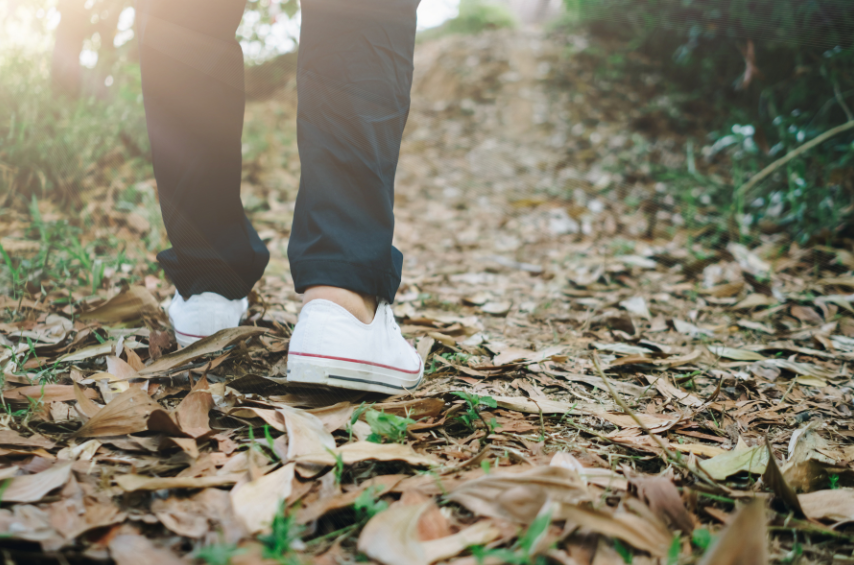2021 Annual Challenge Round Up - What has 2022 got instore?
- Kayleigh Woodings
- Jan 5, 2022
- 4 min read
As many of you know, I like to test myself with an annual challenge.
It all started back on New Years Eve of 2016, when I realised I had never done a ‘New Years Resolution’. I had never seen the point. If I needed to start something, I just did it. I didn’t feel like an arbitrary date was needed to make a change.

Every year people around the world make New Year’s resolutions to reach their goals, improve their health, and better their lives. Many people are successful at keeping their resolutions, while many others fail.
I remember thinking, how hard can it be? Then I started to look into the stats.
A 2021 study showed, 31% of people plan on making resolutions on New Years eve or New Years Day, and for the first week 75% of people are successful.
However, this distinctly drops as time goes on, only 8% of those who make a resolution keep them all year, and 80% have failed by the start of February.
Everyone always thinks they are going to be in the 8%, right? Otherwise, why even start?
So, flash back to January 1st 2017, I woke up with a raging red wine hangover, grabbed the enthusiastic Weimaraner doggo that was staying at my house, laced up my running shoes and headed out for (what I didn’t realise then) a 6 year journey.
That was the moment I decided to run every day for a year.
Since then, I have, given up chocolate, done yoga every day, gone vegetarian, read a book a week and most recently, I didn’t buy any clothes.

I like to choose something that pushes my boundaries, but also raises awareness of something bigger than myself.
Last years challenge was to help myself and others contemplate the impact of fast fashion. On the environment, but on the nature and patterns of consumerism.
Clothing production has roughly doubled since 2000. This is because of demand patterns, but also supply changes, for example in Europe, fashion companies went from an average offering of two collections per year in 2000 to five in 2011. Some are even worse, Zara, offers a staggering 24 collections annually!
With more than 150 billion (yes, billion…) garments now produced annually, 73% of all textiles end up in landfill or incineration. The fast fashion industry is responsible for high carbon emissions, water pollution, and large amounts of landfill waste. The most alarming thing (I think) is that the fashion industry is the second-largest consumer of the world's water supply, four percent of all freshwater extraction goes to fashion.
So, I decided to go without any new clothes for a year.
No new clothes, no second hand, no gifted, no loaned – just what I already had in my closet.
(Full disclosure, I did purchase an extra ‘safety’ bra and pair of runners in December 2020 for any unfortunate mishaps that happened along the way… which both got used).
And for the most part I was successful, I didn’t buy anything new, and I genuinely didn’t feel like I missed out. I felt like I was doing my part, much more than I ever feel when I clean and put out my recycling. Mending and patching holes, it was like being a secret eco-warrior, no one noticed I wore the same things, and it didn’t really impact my day to day.

However, unlike the previous years, I cannot say I fully succeeded.
Full honesty, mid-way through the year, about 15 minutes before a new client pitch, the zip in my jeans busted. I was in Christchurch, almost 500km’s from my closet, and an almost 2-hour drive from my suitcase that was at my Dad’s house. If I didn’t want to look like a full lunatic and exhibitionist, I had to find some trousers fast. So, I purchased a pair of black pants before heading to the meeting. So technically, I officially failed my challenge.
However, with only one falter in the year, I still am happy with my annual personal impact. I recently finished Yvon Choinard’s book Let My People Go Surfing, book about the company Patagonia and he concludes the book with a call to arms about cleaning up your own act.
As consumers, we must demand better more sustainable fashion choices, and we need to do that with our pockets. Not tomorrow, not when the next-door neighbours do it, not when someone else tells us to. Companies use ‘consumer demand’ as an excuse to exploit precious resources, I am not going to let them use my choices to absolve their responsibility.
Even though my 2021 challenge is officially over, I am going to continue to make more sustainable, educated purchases and shop second hand were possible. I have also decided Blue Mercury will pledge the 1% for the planet, (www.onepercentfortheplanet.org) and contribute one percent of our annual sales to environmental causes.

So, with 2021 officially finished, everyone always wants to know the next one. My challenge for 2022?
5am starts for a year.
Every day. Weekends, public holidays, birthdays, everyday - 5am alarm and feet on the floor.
Wish me luck!




Comments